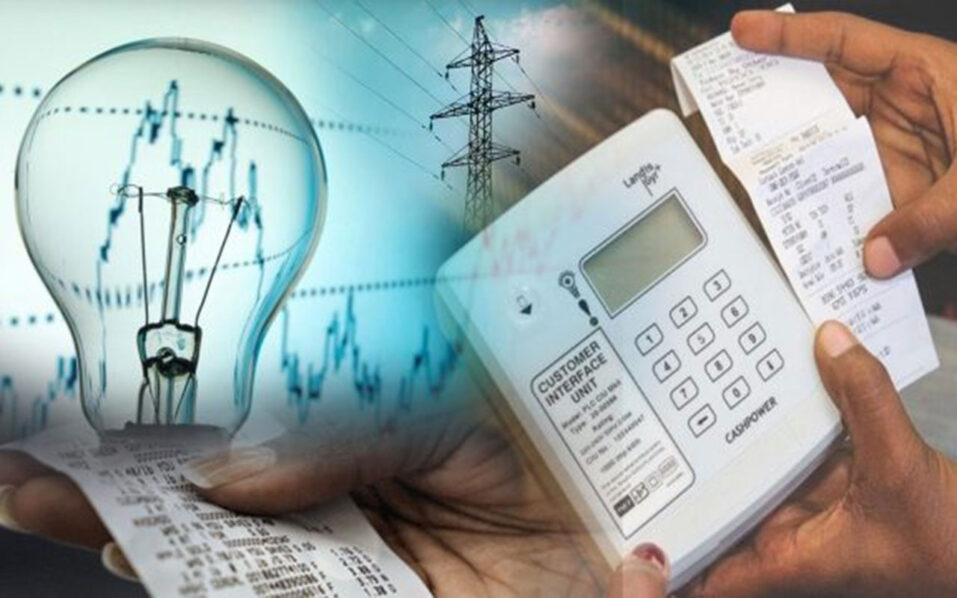
With the ongoing debates about a further imminent increase in the cost of electricity in Nigeria, renowned energy expert and founder of PUTTRU, the frontline platform facilitating energy investments in Africa, Monica Maduekwe, has outlined the steps the Federal Government needs to take to cushion the effect of such inevitable increases on the vulnerable Nigerian consumers.
Speaking during an interview with journalists, Maduekwe maintained that with the country’s inflation standing at 24.48 per cent, the power companies are prone to rising operational costs, which would in turn affect their service delivery if such costs are either not subsidised or sourced from the consumers.
She explained that with the Federal Government’s subsidy to the sector, which reportedly stands at 35 per cent, appearing unsustainable, the government could provide concessional credit lines to electricity companies to lower their operating costs.
She said: “Refinancing loans at more affordable rates could also reduce financial strain. Any price increase should be based on thorough data analysis to determine whether rising costs stem from inefficiencies within electricity companies or broader macroeconomic conditions beyond their control. The Federal Government should also encourage competition and private sector participation by creating an investment-friendly environment that would attract more private players into the power sector, increasing efficiency and reducing electricity costs over time. In addition, the government must adopt best-in-class negotiation tactics to prevent long-term Power Purchase Agreements (PPAs) from locking Nigeria into higher-than-necessary tariffs.
“While an electricity tariff increase may be necessary to ensure the financial sustainability of power providers, it should be based on a thorough assessment of cost drivers. The government must explore ways to lower operational costs and improve efficiency before passing the burden onto consumers. Structural reforms that enhance efficiency, reduce financing costs, and promote competition will ultimately ensure a more reliable and cost-effective power supply in the long run.”
It would be recalled that the cost of electricity in Nigeria was upwardly reviewed to N209.5KWh for Band A consumers in July 2024.



![[FILES] A picture shows the Argentinian flag. (Photo by DANIEL LEAL-OLIVAS / AFP)](https://cdn.guardian.ng/wp-content/uploads/2020/11/Argentina-.jpg)


